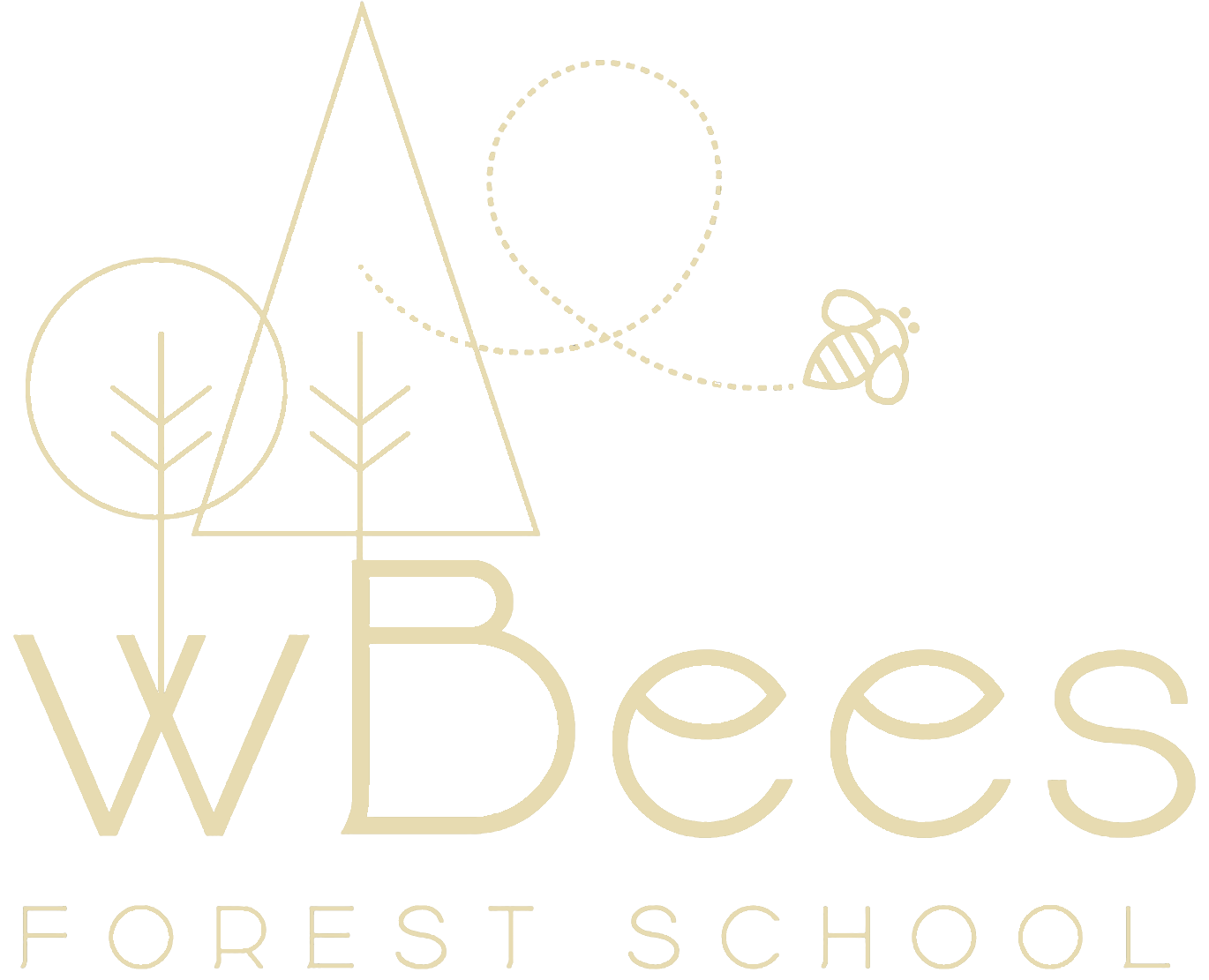Dive into Practical Life
The purpose of the Practical Life curriculum is to help the child independently care for themselves, care for their environment, and strengthen their fine-motor skills. Practical Life activities originated in Maria Montessori’s “Children’s Houses” and involved the children learning to care for their own hygiene as well as the upkeep up of the classroom. As Maria Montessori’s students came from very impoverished backgrounds, school was where they had access to tools for self-care. They began their day with a hygiene check and materials were available for them to wash hands, brush teeth and scrub their nails. During the very first moments of their day their attention was drawn to caring for themselves.
In our own Sycamore classroom, children have access to a mirror to check if their faces are clean after lunch. We ask them to practice self-care by cleaning their own noses, serving their snacks and lunches, work towards dressing themselves by practicing zippering and buttoning using our dressing frames - building those very important self-care skills step by step, in an accessible way.
Through care of environment and self the child is able to make a contribution to their class and feel fulfilled in their participation in it. We set the expectation that children choose one activity at a time and clean up when they are done, to "get it ready for the next person." We have child-sized table and floor brooms available to clean up messes, towels to clean up spills. We are all classroom helpers who feed our pets, take care of our plants, and help our friends.
The fine motor activities on our practical life shelves appear deceptively simple. A great example is a task such as spooning buttons between two bowls. Through this task children are learning how to use a practical tool, a spoon, which they will also use at mealtimes. They are strengthening their grip, which will help them when they begin writing. They are also developing their hand-eye coordination and fine-motor skills through scooping. This type of activity allows children to repeatedly work on a skill in a clear way. All of these activities also build the child’s independence and concentration. They can work on a task for as long as they require and return to it as many times as they like in order to master that task in their own time.
The Practical Life curriculum is an important part of a Montessori classroom for any age of student. By empowering children to care for themselves and their environment we offer them freedom and independence. We as adults take a back-seat so children can gain ownership of their environment through caring for it while building community with their peers.





